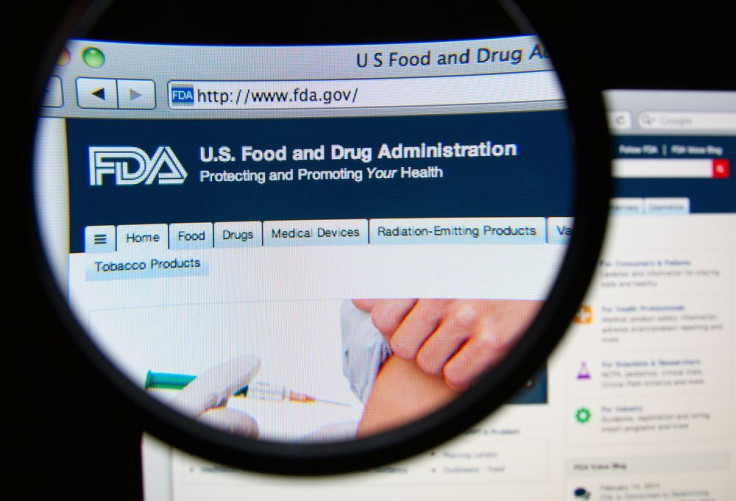FDA Looks To Stop Sale Of Luvena Prebiotic Vaginal Products, But There Are Bigger Fish To Fry

The Food and Drug Administration (FDA) announced on Tuesday that it had filed a complaint on pharmaceutical company Laclede Inc.’s line of Luvena vaginal prebiotic products. It says that the products haven’t been approved for their intended use, however, many other products remain on the market despite questionable claims.
The complaint requests that the Department of Justice issue an order requiring the pharmaceutical company to stop distributing Luvena Prebiotic Vaginal Moisturizer and Lubricant, Luvena Prebiotic Enhanced Personal Lubricant, Luvena Prebiotic Feminine Wipes, and Luvena Prebiotic Daily Therapeutic Wash. “Laclede is in violation of the Federal Food, Drug, and Cosmetic Act for introducing unapproved and improperly labeled (misbranded) drugs for sale across the country,” a press release said. If the injunction moves forward, then Laclede will be required to apply for new drug approval or remove all drug claims from its products’ “labels, marketing materials, and any websites controlled by or related to Laclede.”
The products are meant to be used among women prone to vaginal problems caused by dryness or vaginal fluid change. They’re likely being reprimanded by the FDA for their use of the naturally occurring enzymes lactoperoxidase, lactoferrin, and lysozyme, which they assert is better than other products for balancing the vagina’s natural flora of good bacteria and thus keeping it at a suitable pH, according to a product description on CVS’s website. The description goes on to say that the aforementioned vaginal problems may lead to vaginosis, yeast infection, odor, painful intercourse, and that women should use the products “on an ongoing basis to maintain optimal health benefits.”
“The drug approval process is critical to ensuring that drugs are safe and effective for their intended uses,” said Carol Bennett, acting director of the Office of Compliance at the FDA’s Center for Drug Evaluation and Research, in the release. “The FDA will take swift action when companies bypass this important process established to protect consumers from harmful products.”
But with excellent reviews on Amazon, the products don’t seem to be too harmful. There have been far more controversial approvals of drugs. Last year, the FDA and its panel of health experts voted to relax restrictions on GlaxoSmithKline’s already-approved diabetes drug Avandia, despite the possible risk of it raising a person’s chances of having a heart attack by 43 percent.
Then, this past February, the FDA made headlines for approving an opioid painkiller five times as strong as others in the midst of a prescription drug epidemic. It turns out that the study the FDA referenced in defense of approving the drug, saying that 100 million Americans suffer from chronic pain, may have been false information. According to The Wall Street Journal, the Institute of Medicine report those figures came from was conducted by a panel with ties to drug makers. What’s more, the report was commissioned by Congressmen with ties to drug makers.
A study from earlier this year even found that the approval process drugs go through may be too lax. Among 188 drugs tested in 448 trials, and meant for 206 indications (diseases of conditions), the basis for approval varied widely. Of the 206 indications, 74 were approved for treatment with a drug after a single trial, while 77 were approved on the basis of two trials, and 50 on three or more. What this means is that many drugs are getting through faster than they should. And although the FDA does have a speedier approval process for drugs where there’s a dire need, these drugs tend to undergo less-thorough testing.
So, what does all this mean? The FDA may be looking out for the general public, but Laclede seems to be the least of its problems. Instead, the agency should be looking at more important drugs — Luvena seems to be working perfectly fine for its customers. Maybe the pharmaceutical company’s best option is to simply remove any health claims.
Published by Medicaldaily.com



























